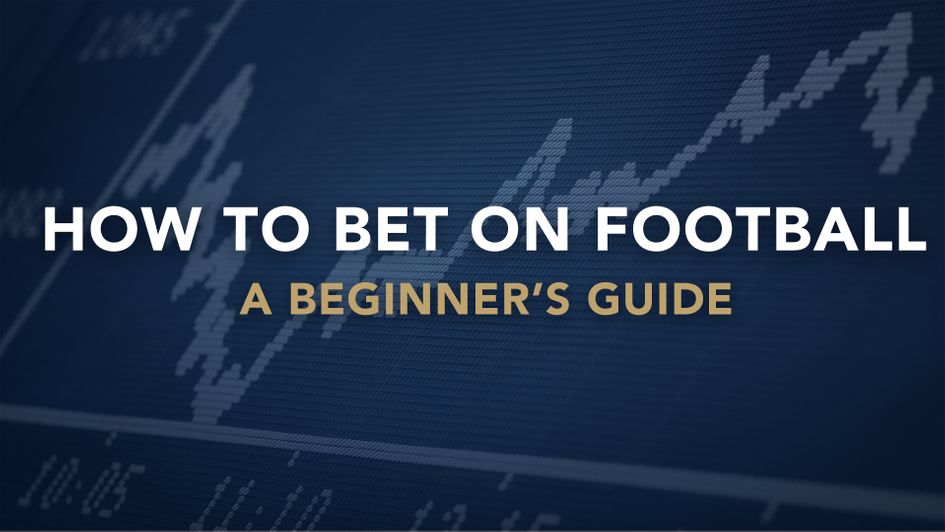Sporting Life's guide on how to bet on football, including vital insight on how to identify value and ultimately beat the bookmakers.
A large proportion of the British population have placed a bet at one time or another in their life, and with the advent of online bookmakers, betting is becoming an increasingly popular pastime.
The old cliché remains though. There’s only ever one winner; the bookies.
But is that really the case? And if so, why?
This article is not a cheat-sheet for how to win at football betting, but rather an informative guide designed to give you the best possible chance of beating the bookmakers.
How to pick winners
The first, and potentially most critical, error punters make when betting on football is not understanding the probabilities involved. This may sound complicated and mathsy, but it really isn't.
If we imagine Manchester City are taking on Manchester United at the Etihad, most punters’ initial reaction, or gut instinct, would be to bet on City because they are the better team and they are at home.
However, as counterintuitive as it may seem, and this is really important, long-term betting is not about picking which team will win, but rather identifying which team has a larger probability of winning than the bookmakers are implying.
What we need to do is work out how likely we think Manchester City are to win this match, and how likely Manchester United are to win this match.
If this match was played 10 times over, how often would you expect City to beat United?
Using primitive stats of their last 10 Premier League meetings as of the end of the 2020/21 season, there had been four City wins, two draws, and four United wins. The last five meetings at the Etihad have ended in one Manchester City win, one draw and three Manchester United wins.
Based on these findings, and nothing else, we would have to give these two sides a similar probability of winning the match, i.e. City 35%, Draw 30%, United 35%.
Opinion can be added. For example, City boast a better squad and are coming off the back of a league-winning campaign, so perhaps we adjust slightly and give City a 40% chance of winning, with the draw at 28% and United at 32%.
Now we have our probabilities, we can pit them against the market.
As this is a mythical match, there are no odds, but in 20/21 the bookmakers made City 1/2 favourites to win the equivalent fixture, with the draw priced at 7/2 and United a whopping 6/1.
Those prices as probabilities are: City: 66.7% - Draw: 22.2% - United: 14.3%.
Already it is clear to see that we think Manchester United have a much bigger chance of winning this match than the bookmakers do.
It does not necessarily mean we think Manchester United are going to win the match. In fact, even by our own probabilities we think they will fail to win the match 40% of the time, what it does mean is we have identified value.
But what is value really worth? In one game, not much: the difference between our prices and those of bookmakers has no bearing on the outcome and therefore no impact on the bet.
But if our pricing is correct, and we commit to it long-term, we can reverse the notion that says the odds are always in the bookies' favour.
What is value betting?
Value betting is essentially finding an edge over the bookmakers, as we have done in the Manchester City v Manchester United example.
If you correctly identify value on a consistent basis, then you can expect to turn a profit over time. If you bet on selections that you do not deem to be value, then you can expect to lose money in the long run.
Every bet you place should be a value bet, otherwise you are stacking the odds against you.
More from Sporting Life
Safer gambling
We are committed in our support of safer gambling.
Recommended bets are advised to over-18s and we strongly encourage readers to wager only what they can afford to lose.
If you are concerned about your gambling, please call the National Gambling Helpline / GamCare on 0808 8020 133.Further support and information can be found at begambleaware.org and gamblingtherapy.org.
